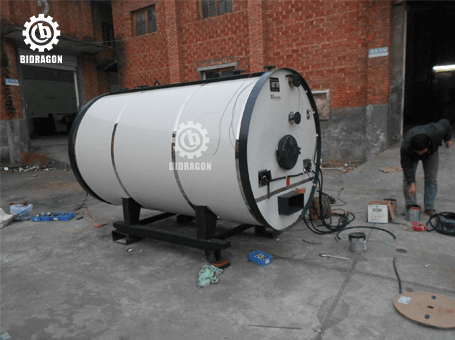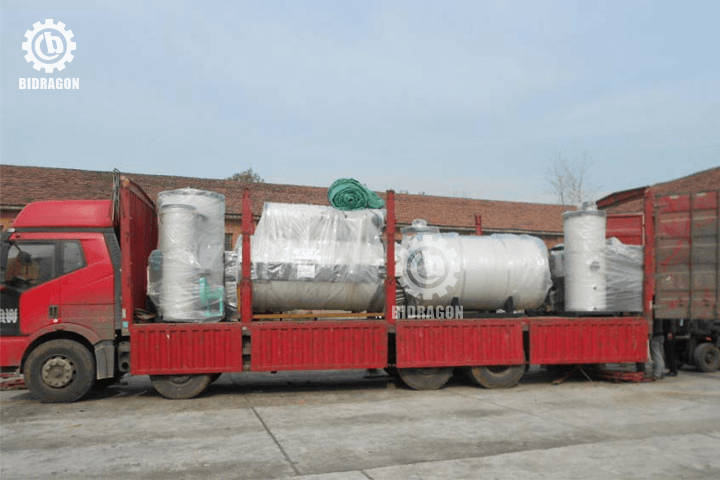
Hot water boilers are specialized thermal equipment that heat water to 95-150°C (without boiling under normal pressure) and distribute it via pipelines. Their core uses include heating (for residential, commercial, and public facilities, maintaining comfortable temperatures and avoiding dry air) and industrial process support (heating materials in food/textile production, maintaining equipment temperature like in plastic molding, and supplying domestic hot water via heat exchangers).
Hot Water Boilers follow a relatively similar design concept to Steam Boilers in many respects, although they are completely filled with water during operation whereas Steam Boilers operate with a water level and steam space.
A burner fires into the boiler furnace and tubes to heat the water inside the boiler shell. The heated water is delivered to the process using a simple circulating pump and pipework and returned to the boiler to be heated again. Any loss of water must be compensated by chemically treated fresh water to avoid corrosion.
The boiler pressure vessel is typically a horizontal, closed cylindrical tube surrounded by insulating material. The most common Industrial Hot Water Boilers are two or three passes; each pass being a different set of tubes that the hot flue gas travels through before making a turn within the boiler. In addition to these are reverse flame Industrial Hot Water Boilers where the burner fires into a blind furnace and the combustion gases double back on themselves within the same chamber to ensure full combustion. This also makes for a more compact design.
